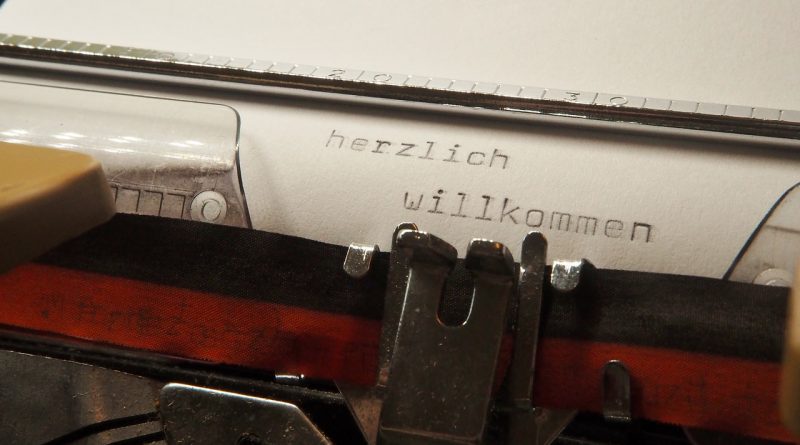Who is the most enlightened despot?
Who is the most enlightened despot?
Among the most prominent enlightened despots were Frederick II (the Great), Peter I (the Great), Catherine II (the Great), Maria Theresa, Joseph II, and Leopold II.
How was Frederick the Great successful?
Frederick II (1712-1786) ruled Prussia from 1740 until his death, leading his nation through multiple wars with Austria and its allies. His daring military tactics expanded and consolidated Prussian lands, while his domestic policies transformed his kingdom into a modern state and formidable European power.
What effect did the Enlightenment have on Frederick the Great?
Frederick was a perfect example of an enlightened monarch in that, he created an environment of freedom and tolerance and encouraged all sorts of arts and sciences in his realm. His judicial reforms gave every citizen of Prussia equal individual rights without class distinction.
How did Frederick the Great differ from his father Frederick William?
How did Frederick II”s rule differ from his father’s rule? Frederick William I was more focused on the military and Frederick the II like art, music, poetry, reading, etc. What was the War of Austrian Succession and its impact? What was the 7 Years’ War?
How did Frederick the Great control religion?
Frederick was known to be more tolerant of Jews and Catholics than many neighboring German states, although he expressed strong anti-Semitic sentiments and, in territories taken over from Poland, persecuted Polish Roman Catholic churches by confiscating goods and property, exercising strict control of churches, and …
Did Frederick William believe in divine right?
Frederick showed absolute monarchy when going to wars with powerful states without asking for the help of others representatives. However, we don’t believe he showed divine right because being an atheist, he wouldn’t have this God-related beliefs. Frederick was the first monarch to adopt the “enlightened abso.
What were the major negative impacts of Frederick the Great?
The biggest failure of Fredrick the Great is that he never really understood power politics. Despite his tactical flair, he could never deliver a mortal blow to his enemies during the Seven Years War. Yes, Prussia survived, and Fredrick the Great cemented his reputation in the history books.
What ended the divine right of kings?
King James I of England (reigned 1603–25) was the foremost exponent of the divine right of kings, but the doctrine virtually disappeared from English politics after the Glorious Revolution (1688–89). …
What replaced divine right?
In the midst of the reign of Louis XIV (the “Sun King”), France’s greatest exemplar and proponent of divine right, the Glorious Revolution of 1688 put the doctrine largely to rest in England, where it was replaced with a democratically based, limited constitutionalism that revolutionized the practice and acceptance of …
